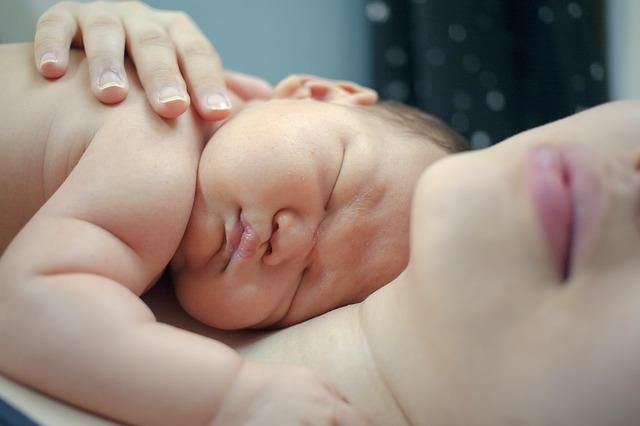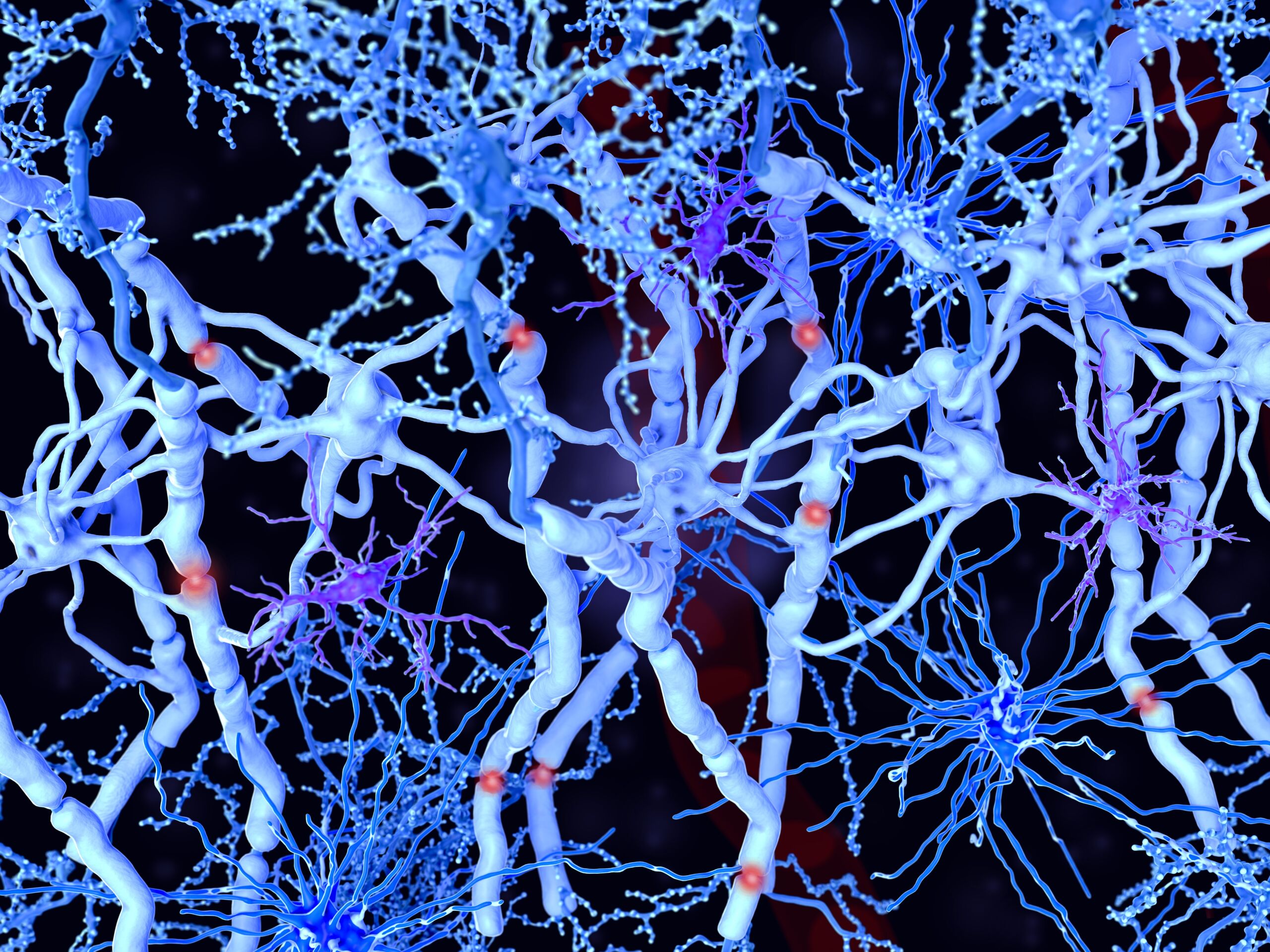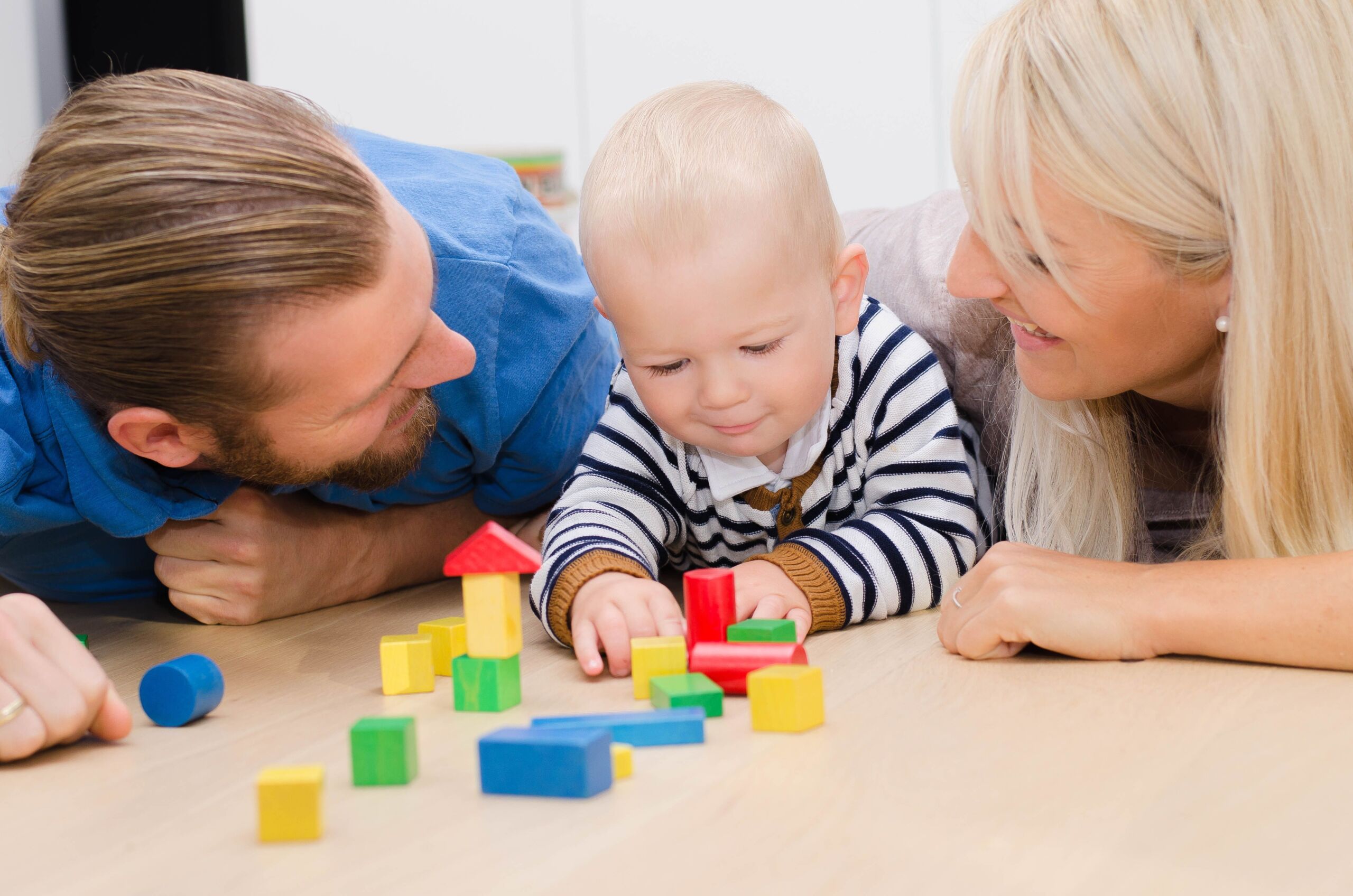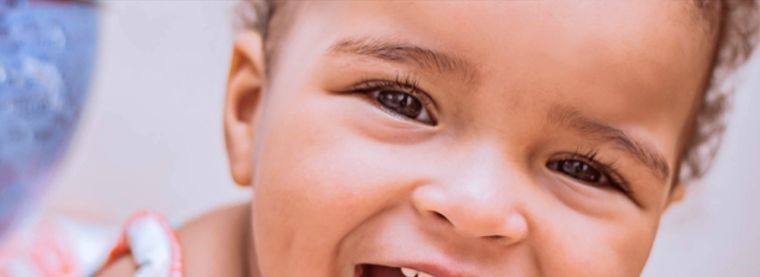Current research projects at the NGN Research Center
Influence of intrauterine growth restriction on brain development and consequences for later neurological development: a prospective cohort study (BrainDNIU).

Intrauterine growth restriction (IUGR) describes the case where a fetus does not reach its biological growth potential. The fetus and the newborn have an increased risk of undesirable consequences. These range from perinatal death to neurodevelopmental disorders and non-communicable diseases later in life, making IUGR a major public health problem. Despite major research efforts to investigate the underlying mechanisms, there is still a lack of knowledge about the individual neurological developmental consequences and treatment strategies for affected fetuses.
The BrainDNIU study is a longitudinal cohort study that compares the neurological development of infants with IUGR with the neurological development of infants with normal intrauterine growth. The main research questions of the project relate to the timing and mechanisms of abnormal brain development under IUGR conditions and the factors that influence these dynamics.
To answer these questions, participants are examined from before birth to 6 years of age using a multi-method approach that includes serial structural and functional measurements such as magnetic resonance imaging (MRI), near-infrared spectroscopy, neurological and psychological developmental assessments. With this project, the NGN Research Center aims to contribute to the research field of IUGR and its long-term consequences for neurological development.
The study is funded by the SNSF (Ambizione 2016-2020; project funding 2021-2025).
Influence of early childhood nutrition on the neuronal plasticity of newborns
The human brain grows rapidly and continues to differentiate towards the end of pregnancy and during the first three years of life. In the process, it develops from a relatively undifferentiated and pluripotent organ into a highly specified and organized one. The outcome of this developmental maturation is highly dependent on a number of environmental influences, including nutrition, which strongly influences the final plasticity of the adult brain.

A growing body of research shows that various nutrients shape the brain and also have a lasting effect on brain function in later life. In our research, we are investigating the role that various nutrients in breast milk play during brain development. We focus on the myelination process and the subsequent effects of this process on behavior and cognition.
Sialic acid and neurodevelopment: a molecular and cellular approach
Breast milk contains a unique composition of bioactive components and is generally regarded as the gold standard for infant nutrition. Ongoing research in the field of pediatric nutrition aims to identify components of breast milk that confer physiological benefits to the newborn and can be added to milk substitutes (formula milk).
Oligosaccharides are among the nutritional components that currently differ in concentration between breast milk and milk substitutes.
In our research, we are investigating the effect of sialic acid on neurodevelopment, in particular on myelin and synapse formation and neural transmission. We also aim to identify the clinically relevant dose at which milk containing sialic acid could support neurological development.
Long-term effects of early nutrition on child development (LEARN)
In the first years of life, child development is particularly influenced by nutrition, upbringing and family dynamics. During the first years of life, child development is particularly influenced by nutrition, parenting, and family dynamics. In addition, long-term associations of early child nutrition, and warm and sensitive parenting behavior with the cognitive and socio-emotional development of adolescents have been established. However, the developmental processes are rather unknown and the interplay between nutrition and parenting behavior has hardly been studied so far. In particular, little is known about temporal dynamics: For example, are infants in a better mood or easier to soothe if you have eaten more or more frequently that day? Which nutrients would be particularly important? In addition, there is little research on the role of fathers in early childhood nutrition and development.

The LEARN research project examines child development, nutrition and maternal and paternal parenting behavior at different points in time (3, 6, 12, 24 months) in a prospective birth cohort study. These points in time are supported by 13-day evening interviews and continuous documentation of the child’s development in an app. In this way, several time scales (days, months, years) are taken into account in order to describe different development processes.
Standardized developmental neurological screening for premature babies (EveryPrem)
The EveryPrem project evaluates the new, international instrument “INTER-NDA”. INTER-NDA” is intended to determine the neurodevelopmental status of 2-year-old children born before 37 weeks of pregnancy. In order to check the quality of “INTER-NDA”, the results will be compared with current development tests. The aim of the study is to evaluate the efficacy, medium-term patient benefit and healthcare costs of this new neurodevelopmental test for all children aged 2 years born at less than 37 weeks’ gestation at the University Hospital Zurich between 2019-2021.

This study addresses an important unmet need for children born between 32 and 37 weeks who currently receive no neurological follow-up at 2 years of age, but who are also at risk of impaired neurological development as a result of preterm birth.
Project homepage at the University of Oxford

